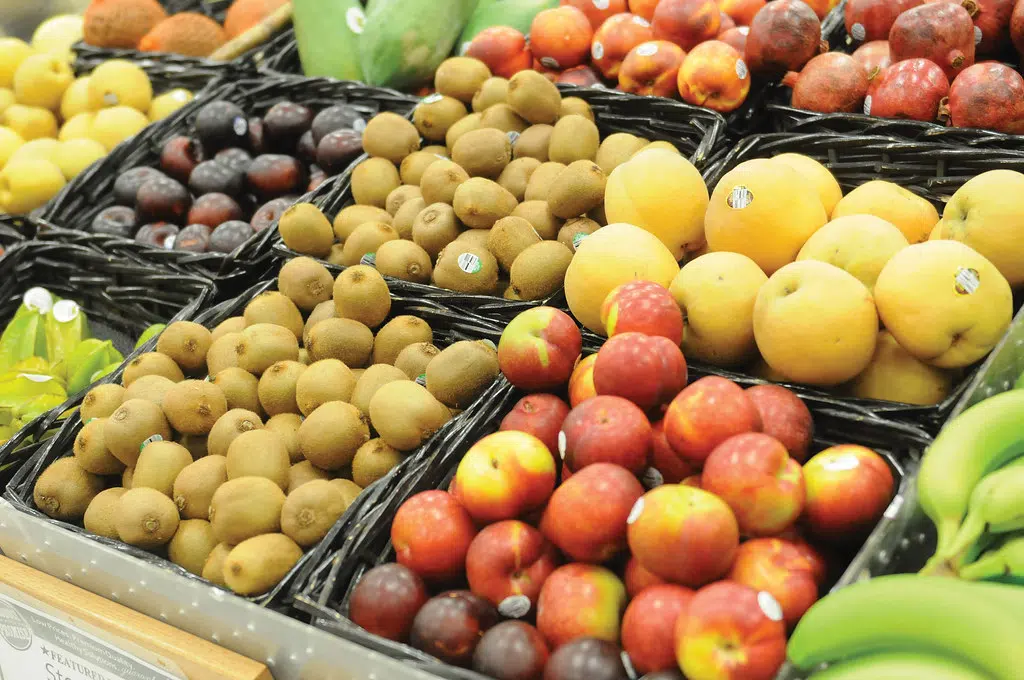Do not expect to get a break on your grocery bill in the New Year, according to a new report.
Canada’s Food Price Report predicts food costs will increase by five to seven per cent next year.
That means the average family of four will spend up to $16,288 on food, an increase of $1,065.
The most substantial increases are predicted for vegetables, dairy and meat, according to the report.
“To say that it’s been a challenging year for Canadians at the grocery store would be an understatement,” said Dr. Sylvain Charlebois, project lead and Director of the Agri-Food Analytics Lab at Dalhousie University.
Officials say the ongoing war in Ukraine, a lower Canadian dollar, and labour shortages in key sectors are all expected to have an impact on food costs.
Dr. Simon Somogyi, University of Guelph campus lead, said the forecasted increases are not expected to be as high as what we saw this year.
“That may be cold comfort for Canadians, as food prices are already high, but if inflation can come down, it’s possible that we could see price increases for 2023 at or below five per cent,” said Somogyi.
The authors of the report said there are steps you can take to become a “smart shopper” and help reduce food costs.
They include looking at flyers for specials, creating and sticking to a budget and shopping list, and freezing meat when it comes on sale.
Experts also recommend looking for substitutes for expensive foods, such as frozen fruits and vegetables instead of fresh, and plant-based proteins like chickpeas or lentils instead of meat.
Canada’s Food Price Report is an annual collaboration between research partners Dalhousie University, the University of Guelph, the University of Saskatchewan, and the University of British Columbia.








